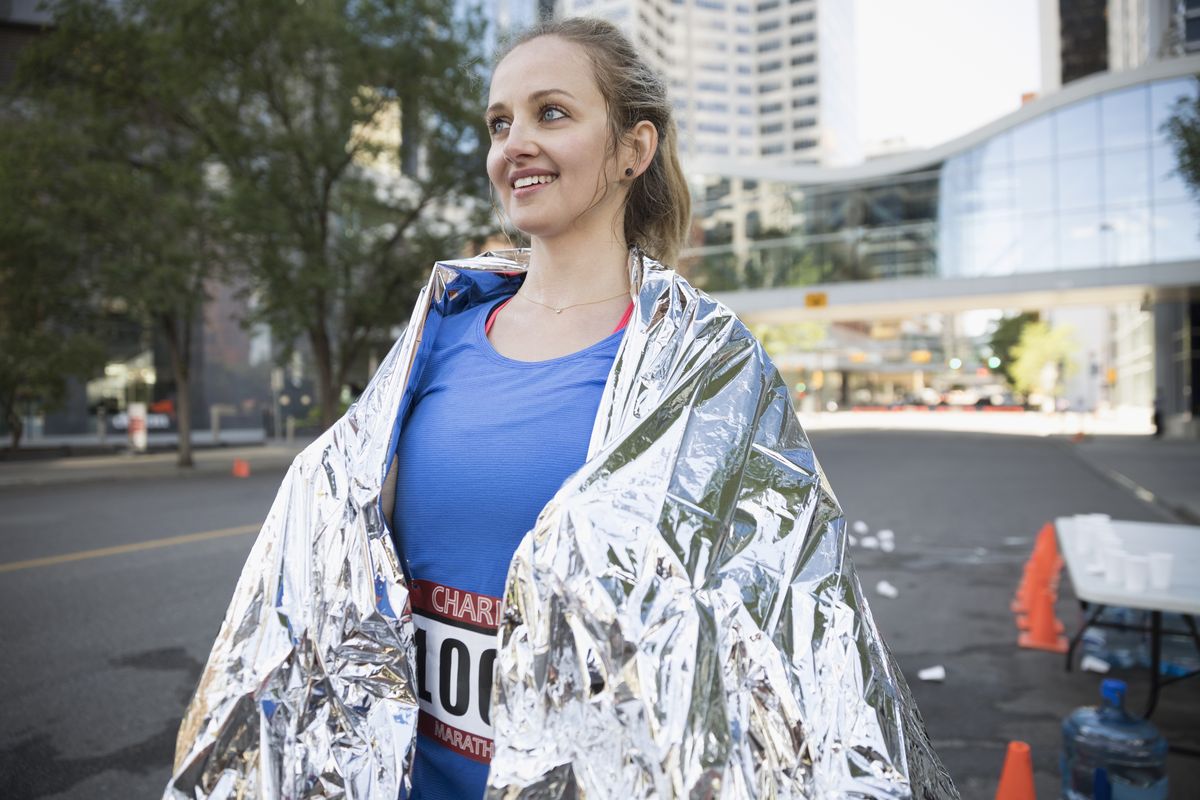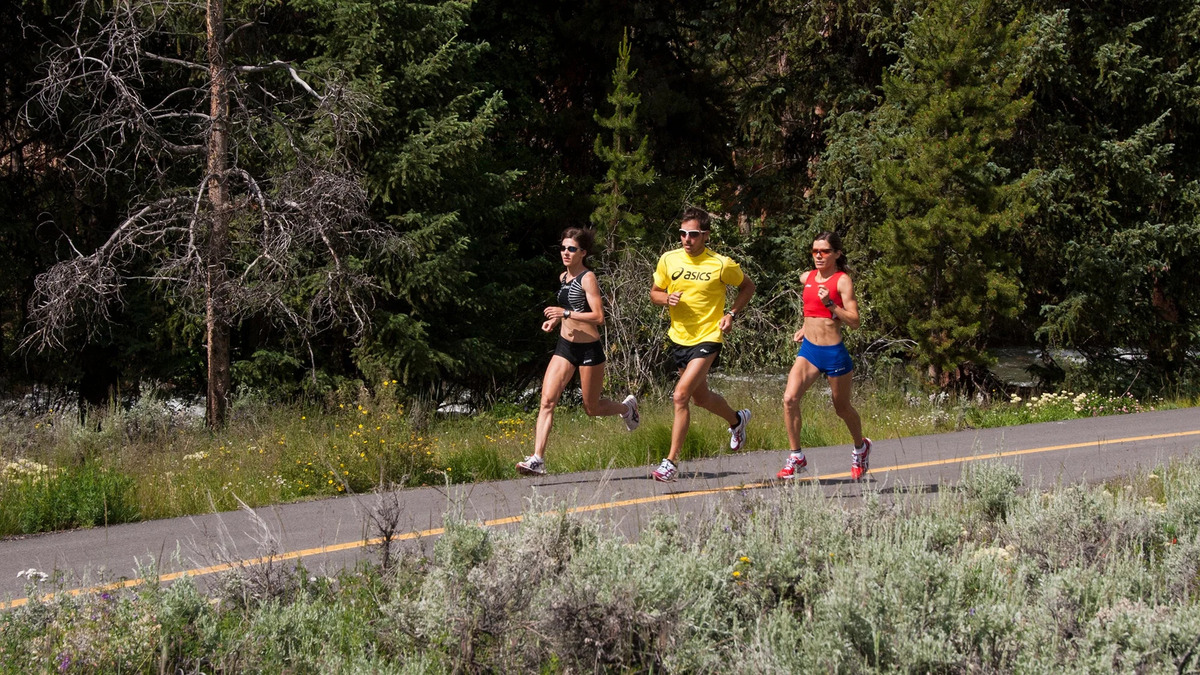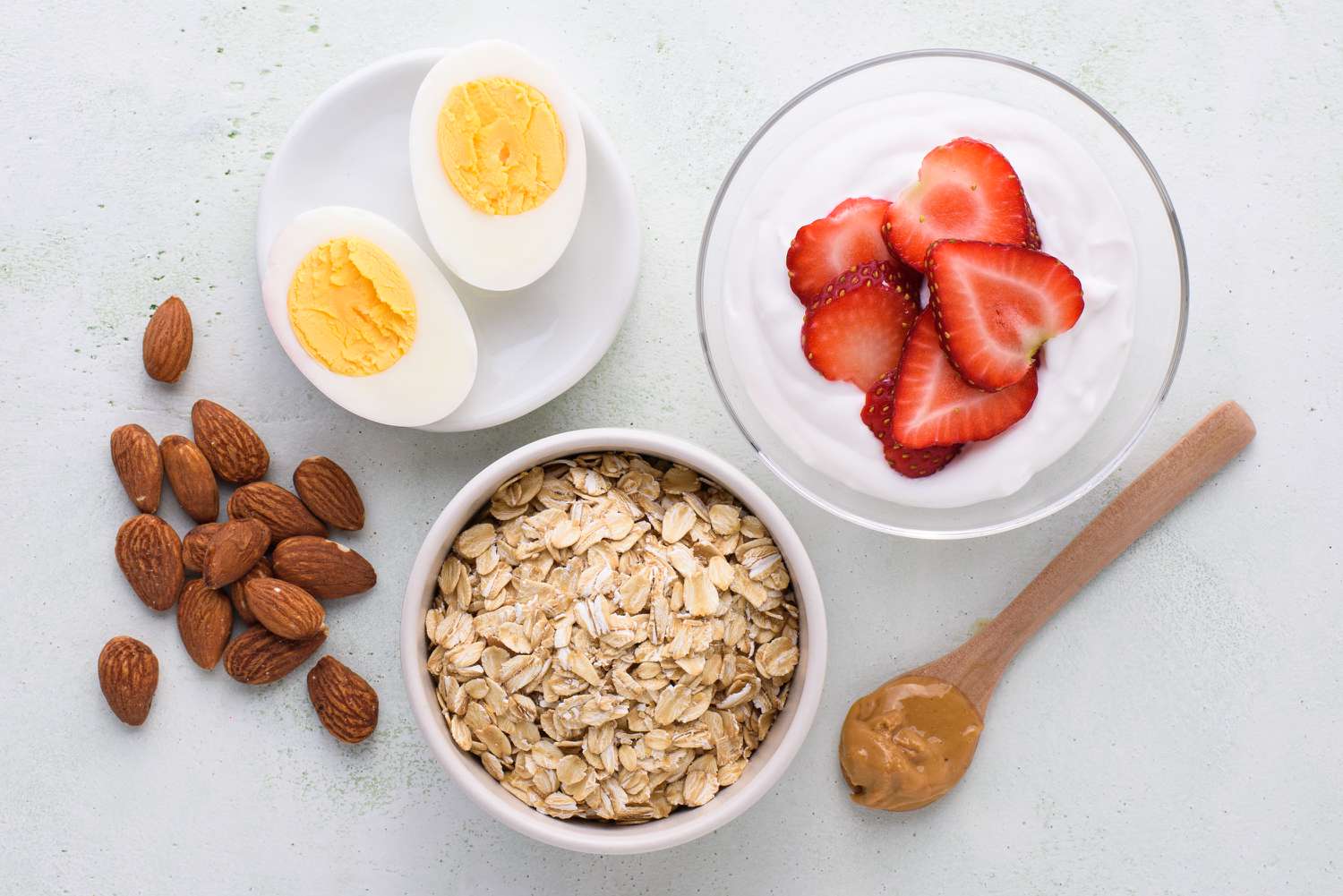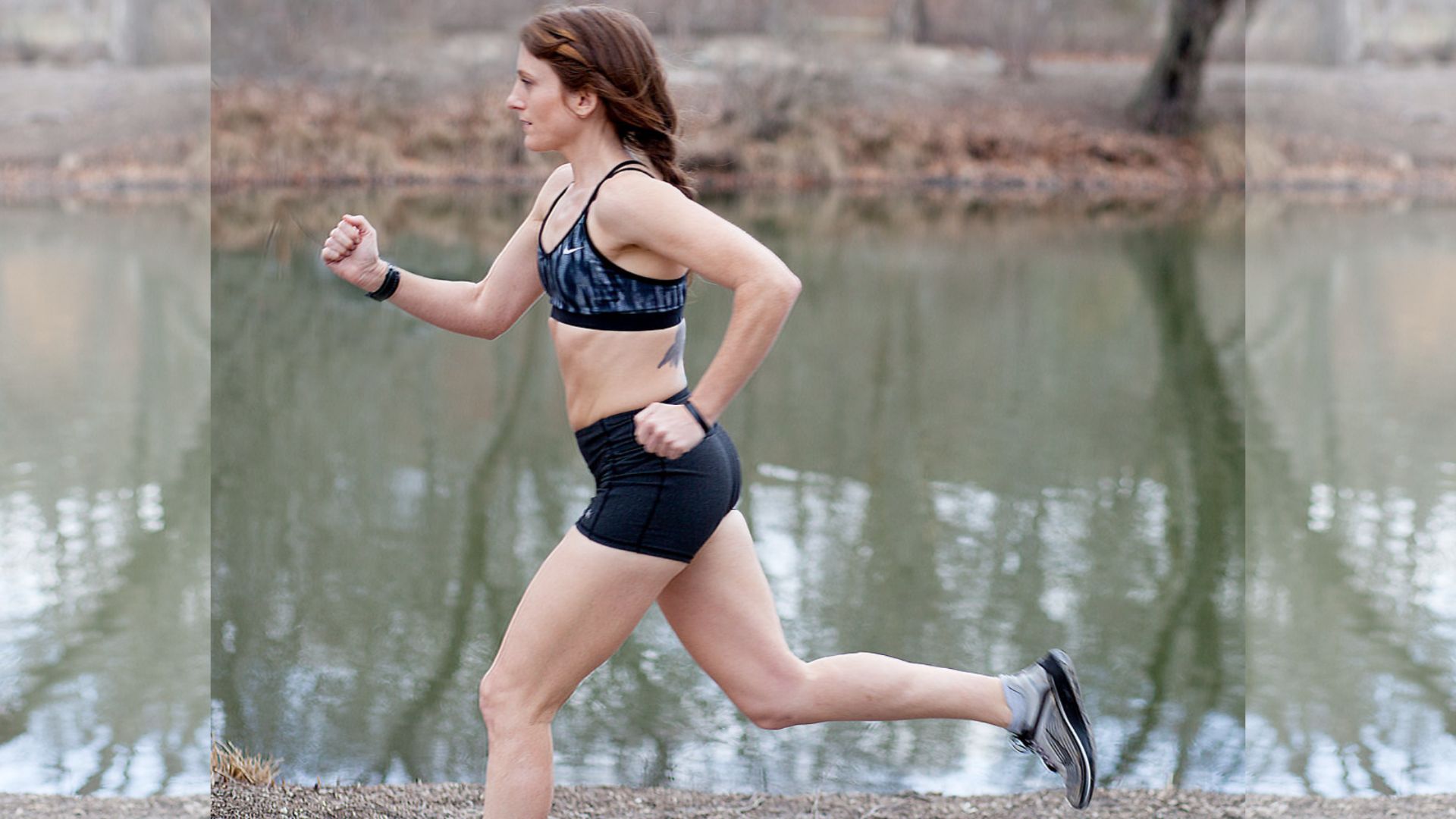Home>Nutrition>Food>What and When Should I Eat Before a Run? Your Complete Guide
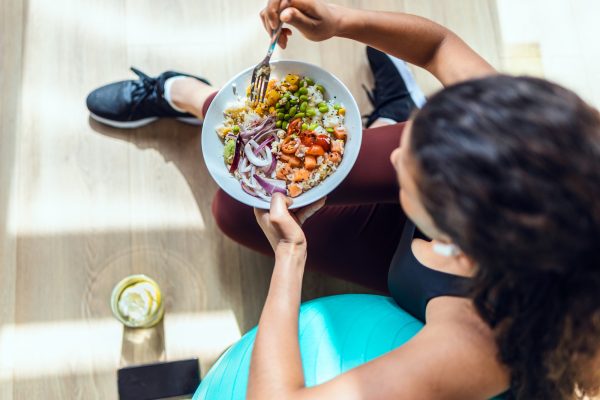

Food
What and When Should I Eat Before a Run? Your Complete Guide
Modified: August 8, 2023
Learn the essentials of pre-run nutrition with this comprehensive guide. We explore the best foods to eat, when you should be eating them, and more!
Do you often wonder, “What should I eat before a run?” or “When should I eat before a run?” Well, you’re not alone. Many runners, both beginners and seasoned pros, have these exact questions. Understanding what to eat and the timing of your pre-run meal can greatly impact your performance and recovery. Let’s explore these questions in depth.
Understanding the Science
Eating before a run serves a crucial function. It provides fuel to your body, ensuring your muscles have adequate energy to propel you through your run. It can also help prevent premature fatigue and maintain blood glucose levels, so you can run longer and faster.
Glycogen, a form of glucose stored in your muscles and liver, is your body’s primary source of energy during a run. By eating a meal or snack before your run, you replenish your glycogen stores, enhancing your endurance and performance.
What to Eat Before a Run?
The answer to “what to eat before a run?” largely depends on how long before the run you’re eating, the intensity and duration of your run, and your personal digestive tolerance. However, some general guidelines apply.
2-4 Hours Before Your Run
A balanced meal with moderate to high carbohydrates, low to moderate protein, and low fat is ideal. This meal should also be low in fiber to avoid gastrointestinal distress during the run. Here are some suggestions:
- Whole-grain pasta with lean protein (like chicken or tofu) and a side of vegetables
- Oatmeal topped with a small amount of nuts and fruit
- Brown rice and grilled fish with a side of steamed veggies
Less Than 2 Hours Before Your Run
If you have less time before your run, aim for a smaller meal or snack that’s high in carbohydrates and low in fat and fiber. Some great options include:
- A banana or any other easily digestible fruit
- A slice of toast with a thin layer of peanut butter
- A cup of non-fat Greek yogurt with a drizzle of honey
15-30 Minutes Before Your Run
Aim for a quick, easily digestible source of carbohydrates. This could be:
- A few sips of a sports drink
- A small handful of dried fruit
- An energy gel
Remember, everyone is different. What works well for one person might not work as well for another. It’s essential to experiment with different foods and timing to figure out what works best for you.
Hydration Matters, Too
Staying hydrated is just as important as fueling your body with the right foods. Dehydration can lead to fatigue, decreased coordination, and muscle cramping.
- Start hydrating at least 4 hours before your run. Aim for 5-7 ml/kg of body weight.
- About 2 hours before your run, drink an additional 3-5 ml/kg of body weight if you haven’t urinated or if your urine is dark.
- During your run, hydrate based on your thirst.
When to Eat Before a Run?
In general, it’s recommended to eat a larger meal 2-4 hours before a run or a smaller snack 30-60 minutes before. This timing allows your body enough time to digest and absorb the nutrients from your meal.
However, these timings aren’t set in stone. Some runners might find they can eat a meal an hour before a run without any issues, while others might need longer. Again, finding what works best for you is key.
Pre-Run Nutrition: Tailoring to Your Training
The duration and intensity of your run also influence your pre-run nutrition.
- For short runs (less than 60 minutes) at a low to moderate intensity, your body’s existing glycogen stores should be sufficient. A light, easily digestible snack or even just some water might suffice.
- For long runs or high-intensity workouts, a more substantial pre-run meal is necessary to maintain blood glucose levels and delay fatigue.
Conclusion
As a runner, knowing what and when to eat before a run is critical. It can significantly impact your performance and recovery. Remember that every runner is unique. What works for one person may not work for you, so take the time to experiment and listen to your body. You’ll soon find your optimal pre-run meal and timing.
Frequently Asked Questions
Should I always eat before a run?
No, not always. If you’re running for less than 60 minutes at a low to moderate intensity, you might not need to eat before your run. However, for longer runs or more intense workouts, pre-run fueling is important.
Can I eat just before a run?
Generally, it’s best to avoid eating immediately before a run to avoid gastrointestinal discomfort. If you must eat due to timing, opt for something light and easily digestible, like a banana or a few sips of a sports drink.
What if I’m not hungry before my morning run?
If you’re not hungry, you don’t need to force yourself to eat. Some runners perform just fine on an empty stomach. However, if you’re going for a longer run (more than 60 minutes), consider having something small like a piece of fruit or an energy gel.
Can I just drink coffee and skip food before my run?
Coffee can provide a nice boost due to its caffeine content, but it shouldn’t replace food as a source of energy. Your body needs the nutrients from food for optimal performance and recovery.
What should I do if I experience gastrointestinal issues when eating before a run?
If you experience GI issues, you might need to experiment with different foods and timing. Everyone’s tolerance is different. Some people might need longer than 2-4 hours to digest a meal. Others might find that certain foods cause issues. Keeping a food diary can be helpful in identifying what works and what doesn’t.

